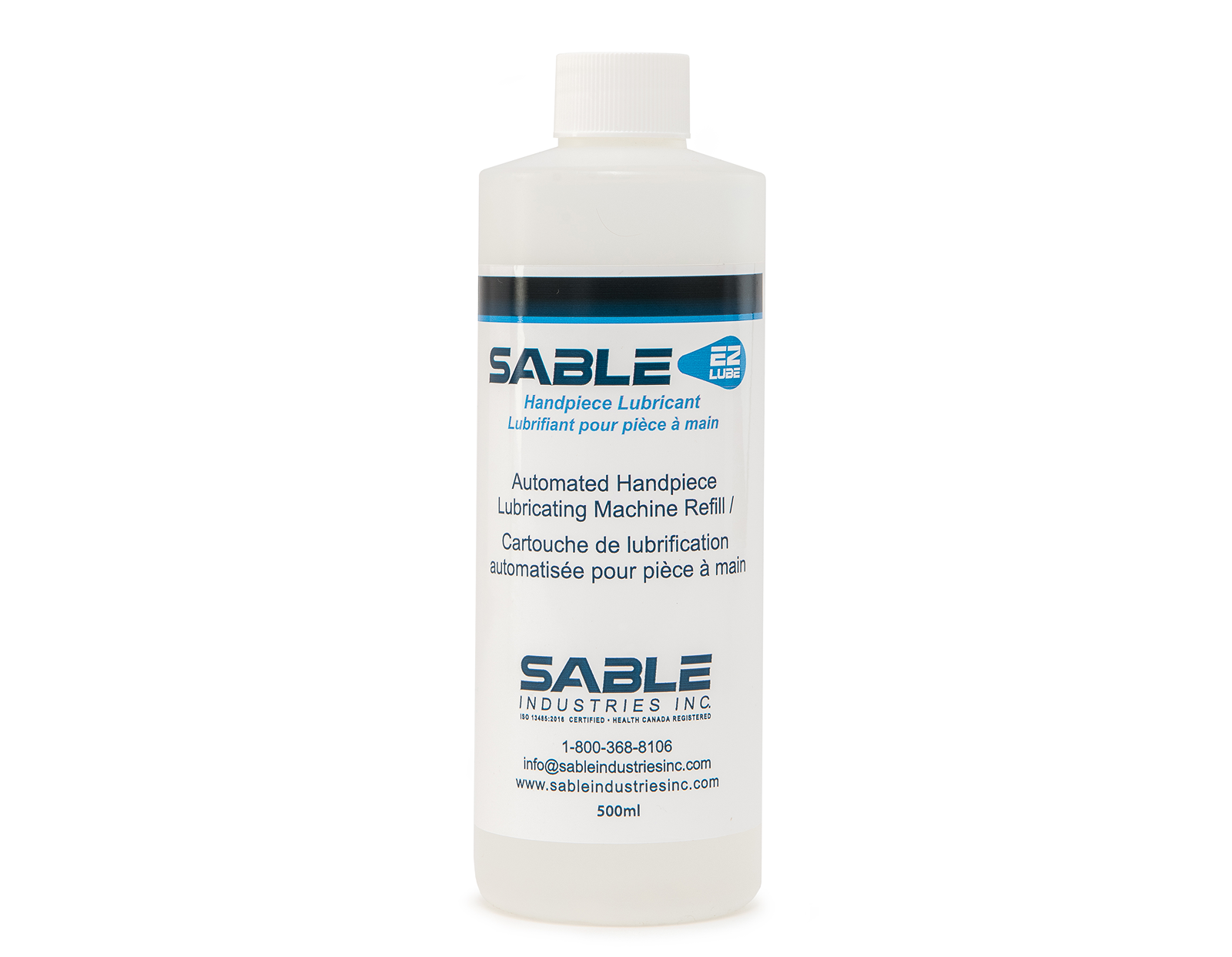What’s your goal as a registered dental hygienist?
Is it to create whiter smiles, or something more?
Hygienists know their breadth of skills and knowledge extends far beyond simply cleaning teeth. Registered dental hygienists are in a unique position to connect with patients and impart personalized dental advice that can benefit them for years to come.
Unfortunately, a dental office operates on a tight schedule, leaving little to no time for hygienists to talk with patients one-on-one.
This raises an important question: is it worth spending less time on clinical care to spend more time on counselling?
At least one registered dental hygienist says the answer is yes. Writing for Today’s RDH, Michelle Strange explains how she came to see her role as a hygienist differently.
Clinical Care vs. Self-Care
Michelle Strange is a practicing hygienist, surgical assistant and educator. She is also a self-proclaimed perfectionist.
“I need to know I am doing the best job I can while striving to do it better,” she writes. “Sound familiar?”
In the beginning, Michelle felt she was making the most of her limited time with patients by eradicating every last stain on their teeth. She still took the time to give thorough home care instructions, of course – but if there were a minute to spare, she’d rather have used it to deliver additional clinical care.
That all changed when she discovered motivational interviewing.
“If I have to choose to spend 5 minutes getting every speck of stain off of a patient’s lingual surfaces or 5 minutes making sure they can use a toothbrush properly, I choose the latter”, writes Michelle.
It’s a stark difference, but one that Michelle feels will benefit her patients far more in the long run. And she’s not alone. Motivational interviewing is gaining ground in the dental profession, with an increasing number of dentists and hygienists embracing the view that what patients do at home is just as important as the care they receive in the dental chair.
What is Motivational Interviewing in Dental Hygiene?
Pioneered in the world of cognitive therapy, motivational interviewing describes an approach to patient care that puts the clinician in the role of a coach or a counsellor more than an authority figure – someone who guides patients in the right direction instead of lecturing them.
In dentistry, this approach can apply to how registered dental hygienists educate people about dental self-care. By asking questions and listening without judgement, clinicians can help patients understand choices that affect oral health and feel empowered to make positive change.
For example, rather than simply cleaning the patient’s teeth, a hygienist would take time to help them understand why the stains occur and answer any questions the patient may have about flossing and brushing.
As Michelle puts it, “Treatment is only going to last so long. If the patient continues to build calculus in the same place every time we see them, are we performing successful patient care?”
When clinicians take a non-judgemental interviewing approach, patients are more comfortable asking questions and speaking honestly about their current dental self-care. The hygienist can then provide personalized recommendations that meet the patient’s level of disease, obstacles to care, and lifestyle.
Motivational Interviewing in Practice
With this approach, you may find that patients are more receptive to your advice and motivated to make positive changes. Start by incorporating the four basic motivational interviewing techniques: open-ended questions, affirmations, reflections, and summaries.
- Ask open-ended questions that invite the patient to elaborate, such as: “What do you find works for you in your current home care routine?” and “What do you find difficult about dental care?”
- Give affirmations that recognize good choices and encourage patients to continue, such as: “I can tell you’ve been flossing.”
- Reflect the patient’s answers in a way that gives them meaning. If the patient says they only want a treatment that falls within their insurance coverage, you could say, “We’ll have to keep dental care within your budget.”
- Summarize the patient’s thoughts to confirm their answers and show you are listening.
Motivational interviewing isn’t the only way to approach patient care, but it is one way to ensure they get more from the appointment than a whiter smile.


